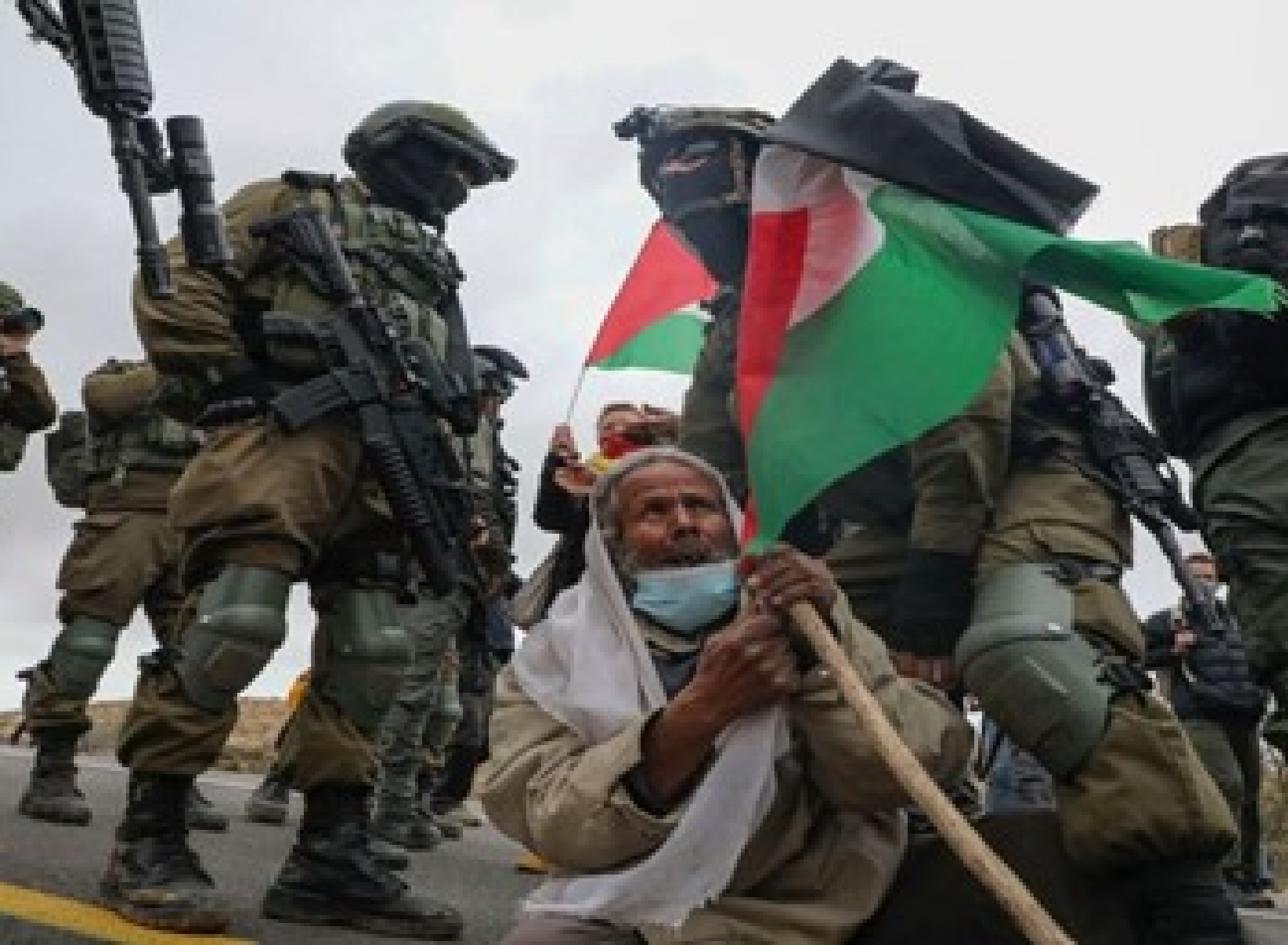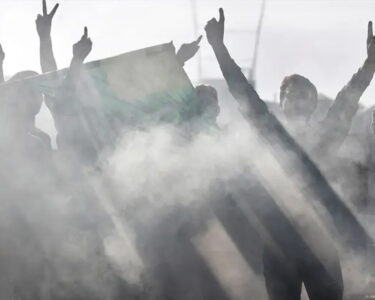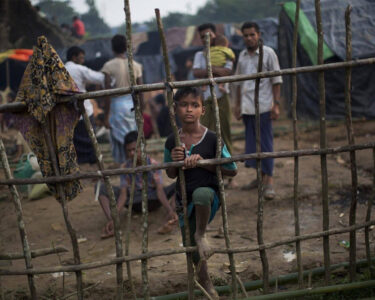The ongoing Israeli-Palestinian conflict continues to generate a profound human rights crisis, challenging a comprehensive understanding of the relevant international legal frameworks and a critical assessment of the global community’s response. Despite a robust body of international law designed to protect human rights, its implementation in the context of this conflict has been deeply flawed, marked by political maneuvering, inconsistent enforcement, and a persistent lack of accountability.
The legal bedrock for safeguarding human rights in Palestine includes international humanitarian law, especially a section of Geneva Convention IV, Fourth Geneva Convention Relative to the Protection of Civilian Persons in Time of War. At the same time, the other will be found within international human rights law through instruments such as the International Covenant on Civil and Political Rights and the International Covenant on Economic, Social, and Cultural Rights, among many others, It remains a matter of debate that these frameworks apply to the Occupied Palestinian Territories (OPT). Israel argues that Geneva Convention IV, deemed applicable to armed conflicts, does not fully apply to its situation in the OPT claiming a unique form of belligerent occupation. Such an argument is vigorously challenged by experts and organizations of international law who argue that the occupation’s character creates obligations within international humanitarian law and international human rights law.
The specific provisions within these legal instruments are usually violated. The blockade of Gaza constitutes collective punishment, prohibited under Article 33 of Geneva Convention IV, as it impacts the entire population. The vigorous effort to increase settlements in the West Bank violates Article 49 of the same Convention, which prohibits transfers of population from occupied countries by an occupying power. Arbitrary detention of Palestinians also violates the right to liberty and security under Article 9 of the International Covenant on Civil and Political Rights (ICCPR). Blockage and demolitions in Gaza also violate the right to an adequate standard of living under Article 11 of the International Covenant on Economic, Social, and Cultural Rights (ICESCR). Violations pose a severe threat to women, children, and those with disabilities, increasing dangers to their safety, well-being, and necessary services.
The human rights abuse in Palestine is disastrously tangible and directly affects the lives of people in Palestine. The blocking of Gaza has become a critical humanitarian issue, it limits access to basic goods, health care, and education. Reports by organizations such as the UN and Human Rights Watch just published highlighting the deplorable conditions in Gaza with very deplorable levels of poverty, unemployment, and food insecurity. Land and livelihoods remain being expropriated from Palestinians while settlement expansion continues. Building and residence demolition remains an activity often conducted without much notice and explaining families traumatized and homeless. The presence of checkpoints, roadblocks, and the separation wall has put up enormous obstacles to movement in the West Bank and makes it difficult, even impossible at times, to access health, employment, and education. Excessive use of force by Israeli security forces against Palestinian civilians and the lethal force documented by B’Tselem (Israeli Information Center for Human Rights) make matters worse in the crisis of human rights.
The global society’s response to these violations has been inappropriate and inconsistent. The operation of the Security Council often tends to smoothen action, as permanent members have veto powers. Wheresoever, the UN Human Rights Council, along with other bodies, has issued condemnations and passed resolutions, these often lack the required enforcement mechanisms and are open to political manipulation within the UN system, particularly within the Security Council. Different countries have adopted different strategies, some countries of the European Union have taken the step to impose labeling rules for Israeli settlement-based goods, but this is still limited in nature. The United States, considered the most powerful nation in the region, has long provided both diplomatic and military support to Israel, which frequently saves the state from international condemnation and scrutiny. The influence of major human rights organizations such as Amnesty International and Human Rights Watch has been crucial in raising awareness and drawing attention to abuse. However, the advocacy by these very organizations has not had any effective follow-up in political response.
The International Criminal Court’s (ICC) investigation into alleged war crimes and crimes against humanity offers a potential avenue for accountability. It faces challenges with very limited resources, political pressures, and instances where Israel has refused to cooperate. Israel disputes the jurisdiction of the ICC, for the Court has no power to investigate the issues involved in the OPT. In addition, states have to cooperate with the functioning of the Court, which in some cases can be viewed from a political perspective. Besides, other structures of accountability, fact-finding missions, independent inquiries, and universal jurisdiction can influence efforts to bring criminals to justice.
The limitations of existing international mechanisms are unambiguously evident in the context of the Israeli-Palestinian conflict. The UN Security Council, tasked with maintaining international peace and security, has been repeatedly stymied by the veto power dynamics among its permanent members. Efforts to pass resolutions against actions are frequently blocked, leading to a lack of measures and a feeling of immunity. Despite its role, in highlighting and criticizing human rights abuses the UN Human Rights Council lacks the power to ensure compliance with its decisions. The UN discoveries and suggestions are frequently ignored which emphasizes the UN system’s shortcomings in dealing with this crisis. The reactions, at the state level have also been inconsistent due to the political environment related to the conflict. Some countries within the European Union have started to distinguish between Israel and the settlements in the occupied areas through measures like labeling guidelines for settlement products. However the impact of these actions has brought about changes, in Israel’s policies yet other countries, like the United States, have military connections with Israel to protect it from global inspection and responsibility due to various reasons such as internal politics and economic benefits This varied approach has impeded the creation of a cohesive international reaction The UN Human Rights Councils fact-finding missions are key, in collecting evidence and uncovering human rights abuses in a more defined manner. Non-profit organizations also play a role, in conducting investigations and providing valuable documentation and analysis that can fill the voids left by official inquiries. Courts at the level can pursue individuals for international crimes through universal jurisdiction regardless of the location of the offense. This avenue for accountability is. Faces challenges due to legal intricacies. Implementing and enhancing these mechanisms is crucial, to holding wrongdoers responsible and preventing breaks of law.
The human rights situation in Palestine requires a renewed and strengthened international response. Sustainable pressure must be brought to bear on Israel to respect and comply with international law while ending the blockade on Gaza and curtailing settlement expansion. Finally, accountability should be visible in gross and systematic human rights violations. Strengthened Palestinian bodies and institutions the judiciary constitute the cornerstone for building capacity locally to address human rights concerns. This case requires that the political interferences in this International Criminal Court investigation should be continued without obstructions. It should be noted that human rights, peace, and security are interrelated. Only when international law is followed, accountability is encouraged and respect and protection of all parties’ human rights in this region is held, will there ever exist a sustainable and just Israeli-Palestinian conflict solution. This would call for a paradigm shift, above and beyond the most tokenistic gesture, to meaningful action that will ground the principles of justice, equality, and the pursuit of sustainable peace.




